The ever-elusive “situationship:” easy to come by and impossible to define. An ambiguous title with even unclearer parameters and expectations — born online but not necessarily confined there, where you’re way past asking about favorite colors but not quite ready for any real emotional discourse where, God forbid, the other person gets the impression that anyone *gasp* actually likes anyone.
Carina Hsieh coined the term for Cosmopolitan in 2017 as “a scary precipice, teeter-tottering between ‘more than hooking up’ and ‘very much dating,’ where a simple ‘what are we’ can throw the entire system out of balance.”
Then, Hsieh references a situationship as possibly the worst thing someone could do to themselves. But here we are seven years later, “situationship” a finalist for the 2023 Word of the Year losing out only to “rizz.”  Sweethearts even released a special batch of chalky “situationship hearts” for Valentines filled with “messages as blurry as your relationship.”
Sweethearts even released a special batch of chalky “situationship hearts” for Valentines filled with “messages as blurry as your relationship.”
In the years since its horrific Frankensteining — amalgamation of fractured hook-ups, talking stages and noncommittal not-boyfriends of the past — the situationship has begun a disastrous tornado spiral, wiping out everything in its path. Now demonized by this invented substitute, dating as a concept takes on an extra pair of flaming, glowing eyes and its horns grow sharper with every situationship that fizzles into nothing.
Ask a group at Summit who’s been a victim to this “situationship” and every hand flies up. Complex not-quite-talking-stages span years, overstay welcomes in heads and in rarer cases (but never as rare as you’d think), find themselves muses for lit and comp assignments.
The internet and shifted societal norms at large have tainted the teenage heart, and beyond invented phrases and theories. My friends forge twelve year plans over TikTok DMs, and break up over text. They deal out Instagram story likes like fragile professions of utmost adoration and stress out brainstorming a comment that’s flirty without being too flirty, and chill without being so chill.
And I’m no better than any of them. I cling onto my own faux, internet intimacies because those are safe. There, there’s distance. There’s half-swipes and read receipts turned off. There’s a careful curation of my identity, and of theirs. A careful, particular perception of people I know I would completely rock with if only I were to do the thing and actually meet them for a coffee sometime. I just don’t let myself. (Usually)
In lieu of the “what are we?” conversation, the situationship rides the in-between. It’s a sneaky thing that catches up to you and millions of others in the world, given every article directing the reader through step-by-step guides to figure out if you’re secretly in one. Time Magazine is a fan, and has referenced situationships as the future of dating. But this is all just a shifted society slowly being relieved from the pressure of having to care for others. Inch by inch, situationship by situationship.
Love — and everything that falls into, under, adjacent, or before it — has taken a final fateful tumble into the black abyss that is the internet. The paradox of choice haunts glowing phone screens via Tinder, Hinge and Snapchat rosters. Outlandish tests and theories circulate algorithms like vultures, all waiting for an emotionally insecure girlfriend to prey on. All waiting on apparent “situationships” to further complicate.
There’s the orange peel theory. Ask your boyfriend (or not-boyfriend) for an orange and if he merely hands you one, you must break up with him. It’s not unless he peels it himself, pulls apart the flesh in his hands and strips the fruit of its sinewy pulp, that he’s willing to make sacrifices for you and can thus suffice as a good enough boyfriend. According to the internet.
The puppet show goes on. Ask the boyfriend to name a woman, and it better be you. The bird test where if you see a woodpecker and say to your partner “Hey, look at that woodpecker” they sure as hell better get real interested in the bird out the window real fast or they are out of there.
There’s the Beckham test (yes, as in David and Victoria.) The forest test. The strawberry test. The ketchup test. Neverending litmus tests haunt the internet, functionally replacing girlfriend’s insecurities with the boyfriend’s humiliation projected online. There is nothing, truly nothing, safe from scrutiny.
There are red flags and beige flags, and never any green ones. The desperate grasping at straws to cling onto distance is growing, and whether that’s another thing COVID is to blame for or just the resounding impacts of an increasingly digitized cultural society is unclear. But there’s a growing reluctance to form romantic attachment for fear of the hurt that will come of it, and it’s this intense dispersion and popularization of endless tests and theories that are then allowing for the pervasion of the situationship.
The 21st century was not the beginning of casually not-dating, just the beginning of slapping a label on and accepting that as a substitute for a real relationship. A label that has trickled all the way down to middle school kids who “like like” each other, and trickled all the way up to single 40-year-olds “on the apps.” Friends with benefits without having to treat someone as decently as though they are actually your friend? Friends with benefits without having to treat them as barely a human being at all?
In theory, for many cases the only difference between a “situationship” and a real “relationship” is a singular conversation. But that conversation is getting harder and harder to have.
No single soul has ever left a situationship unscathed, yet this middle-ground, non-relationship relationship won’t go away. Sure it’s hard, but you don’t have to find a label for everything you’ve thought and felt and seen. That’s exactly how the “situationship” has so sneakily crept up into hearts and minds and shitty poems for homework. For goodness’ sake — and for everyone’s livelihood everywhere — we have to kill it.






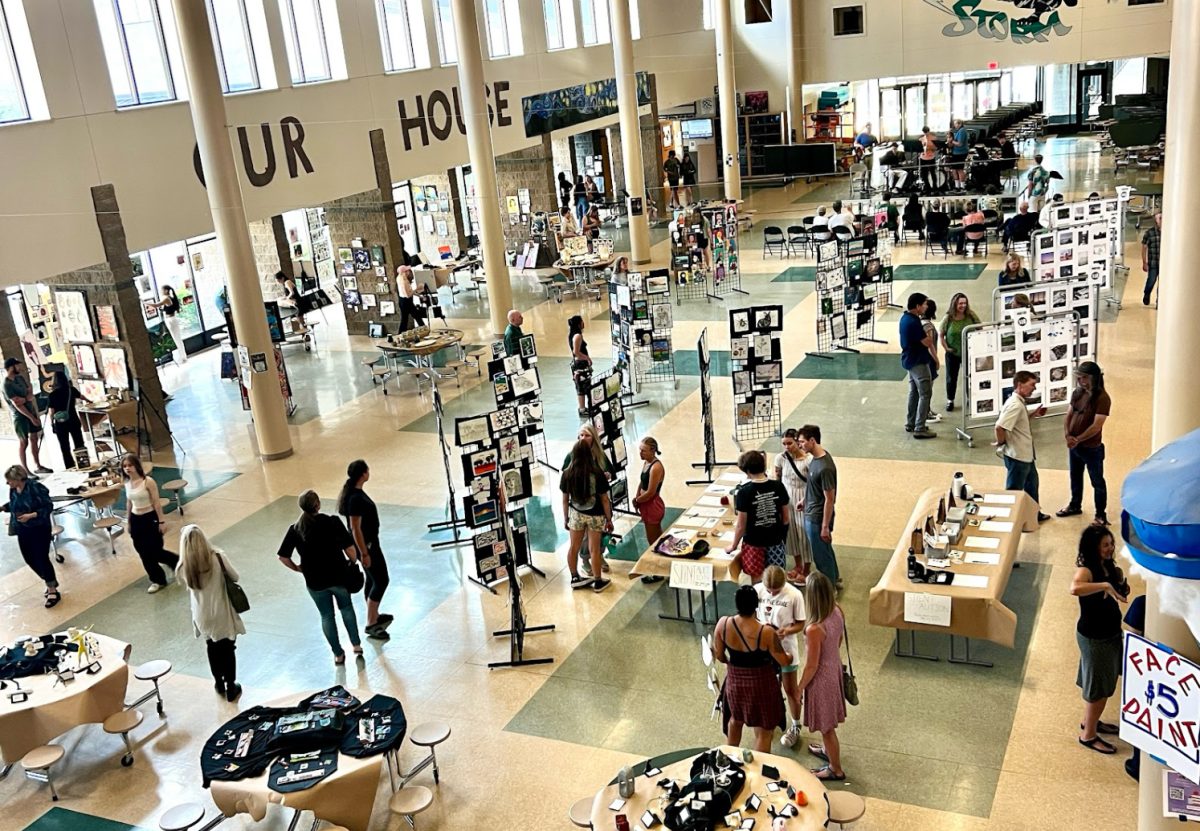





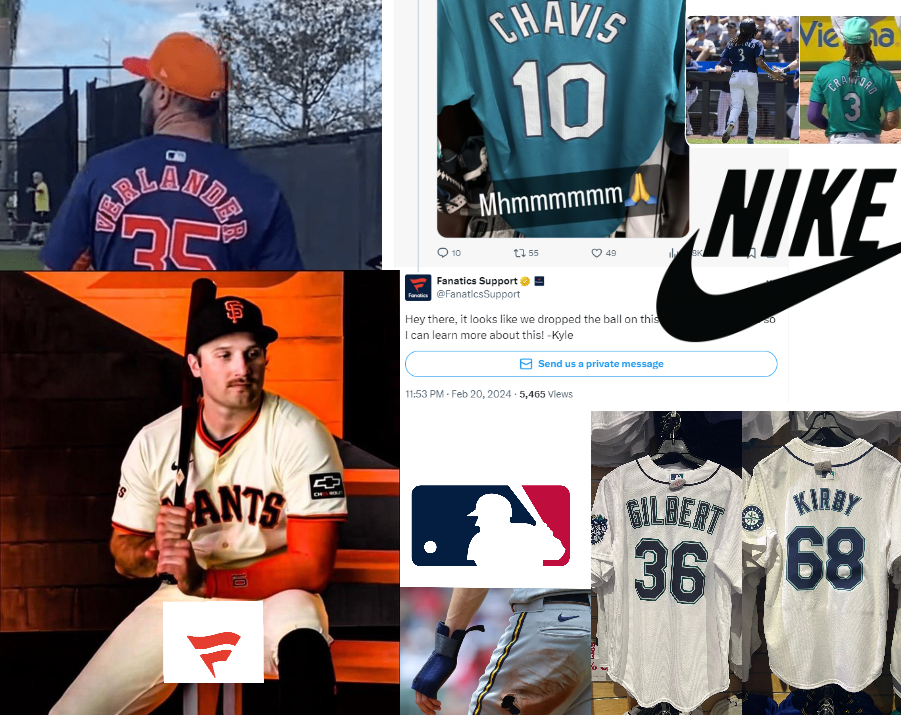

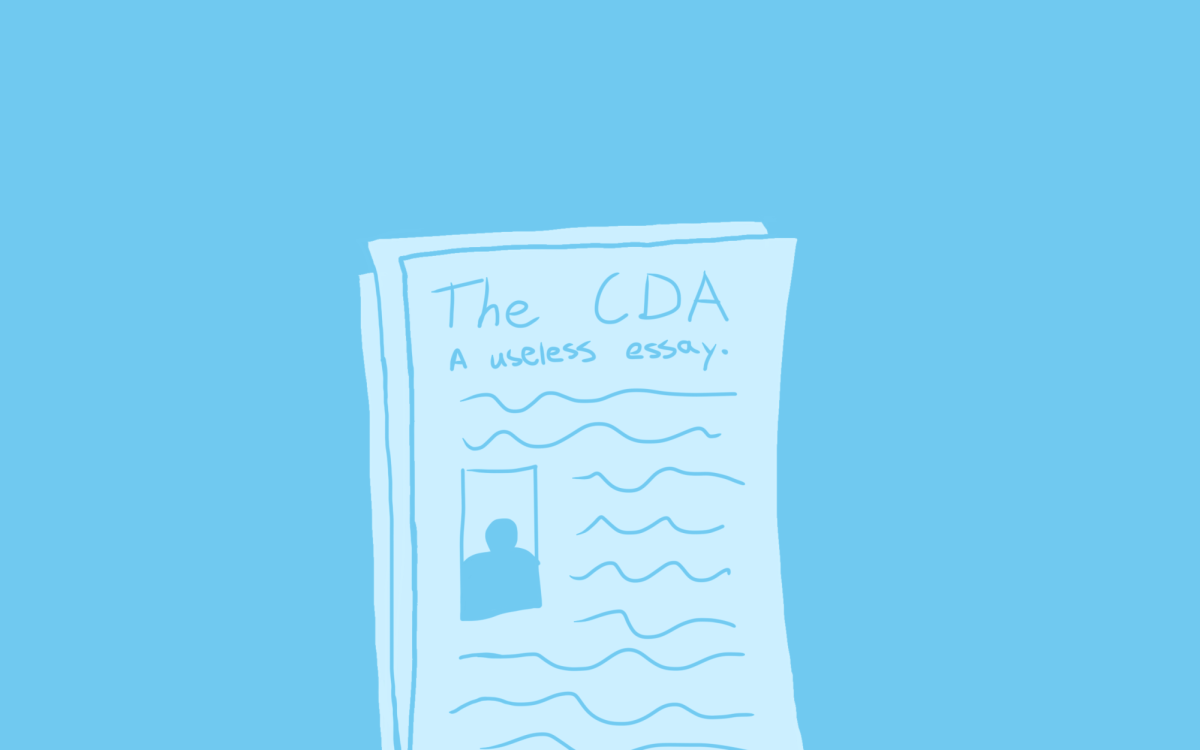
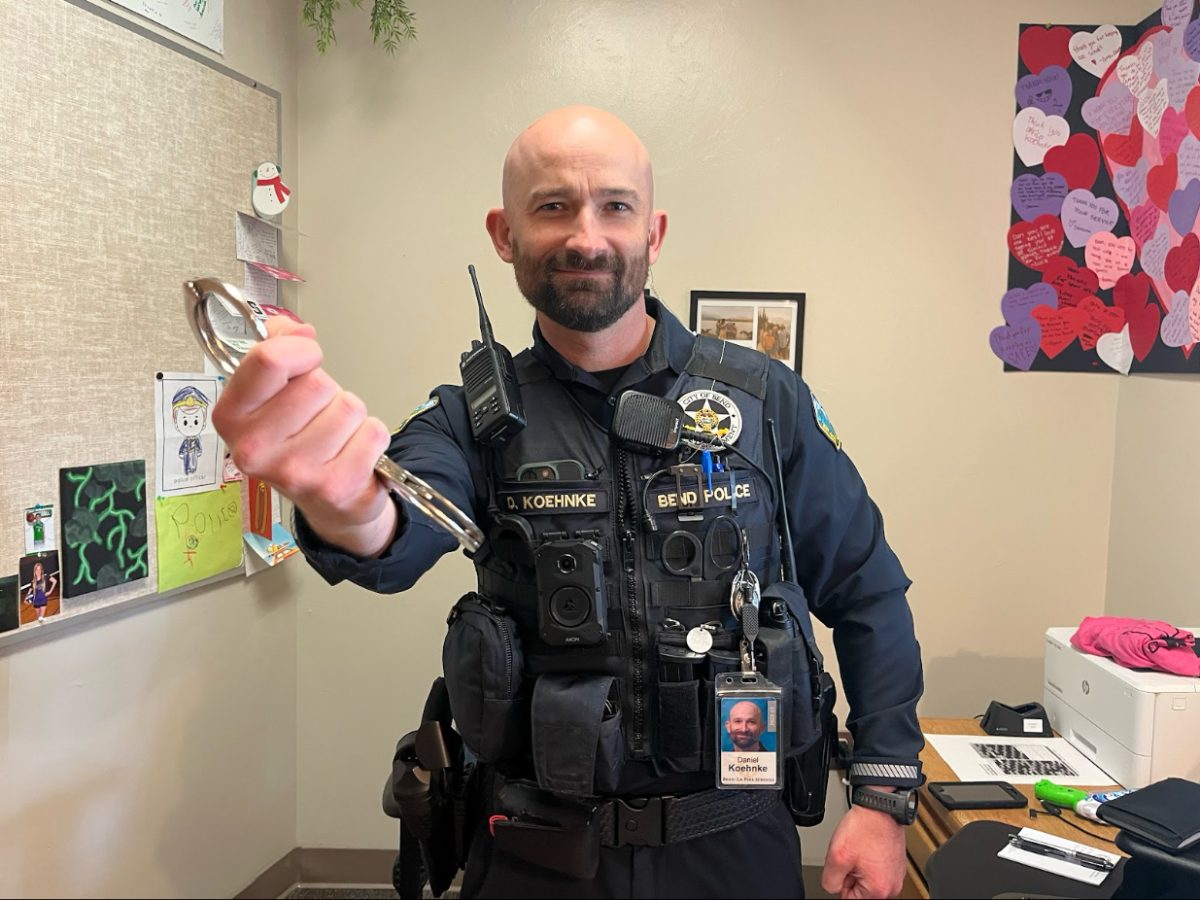




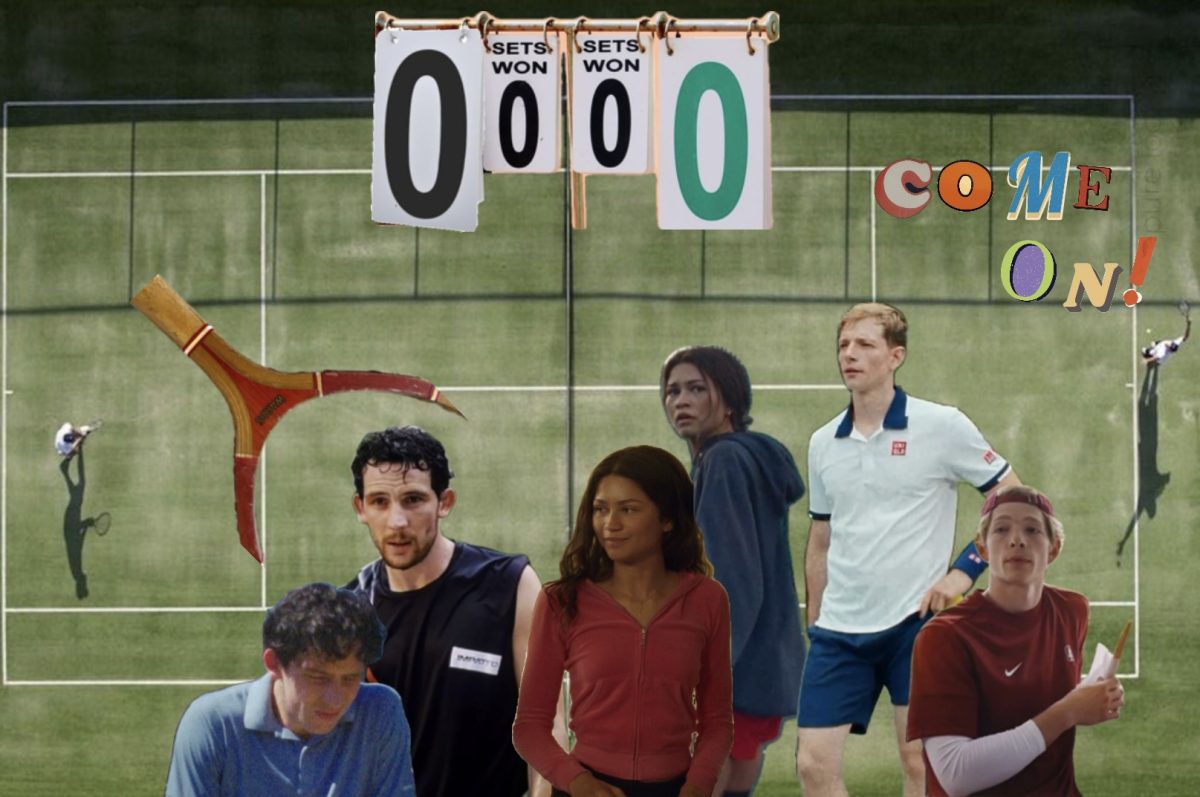

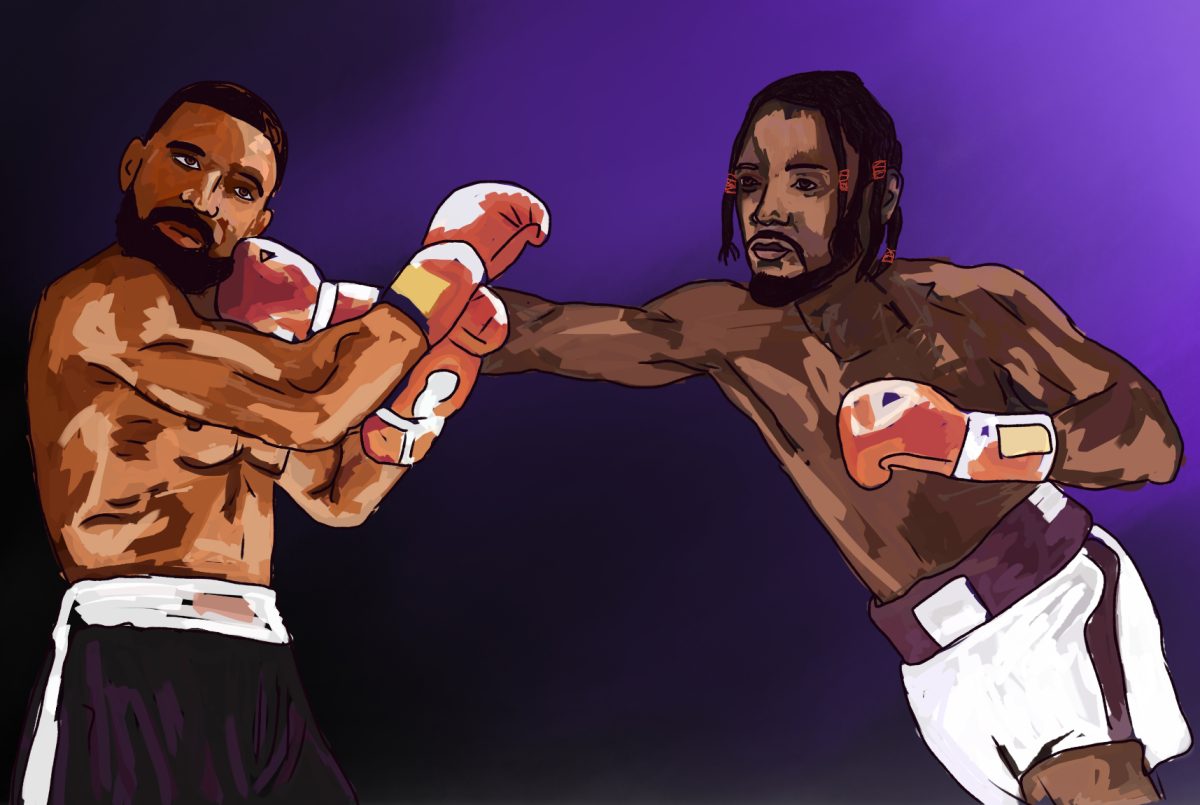
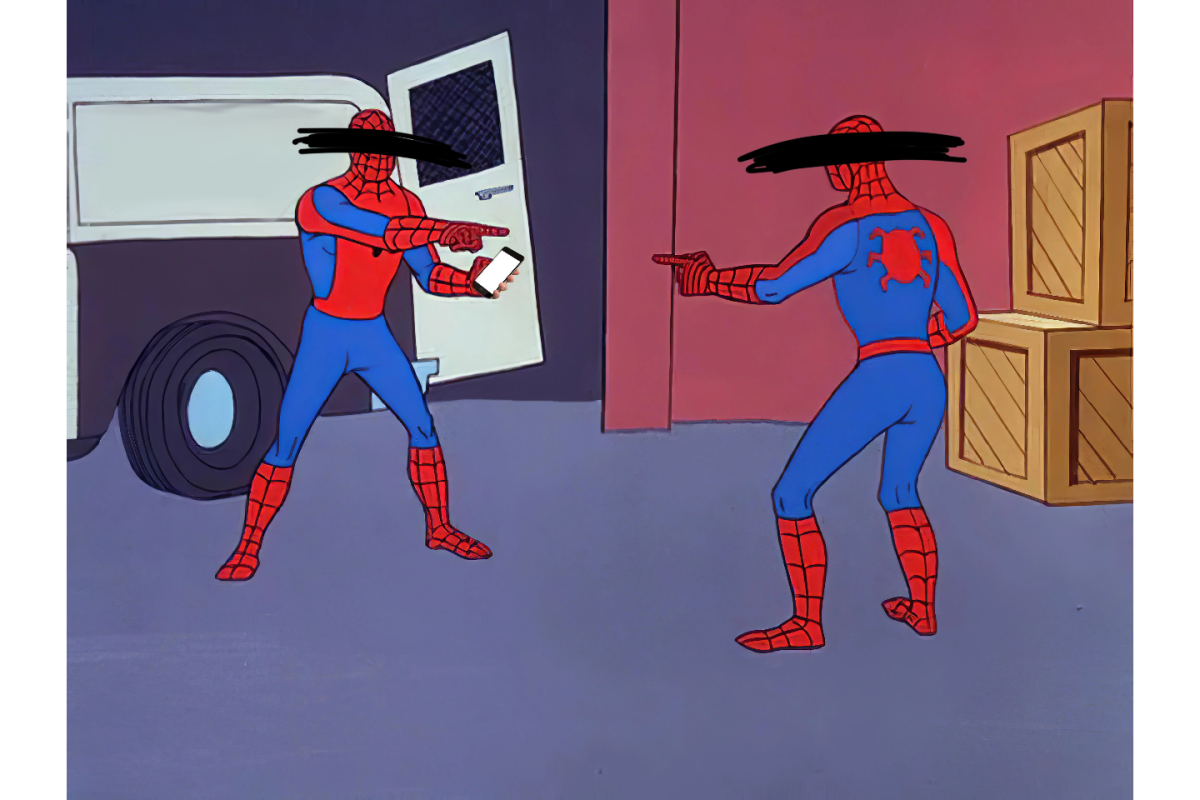
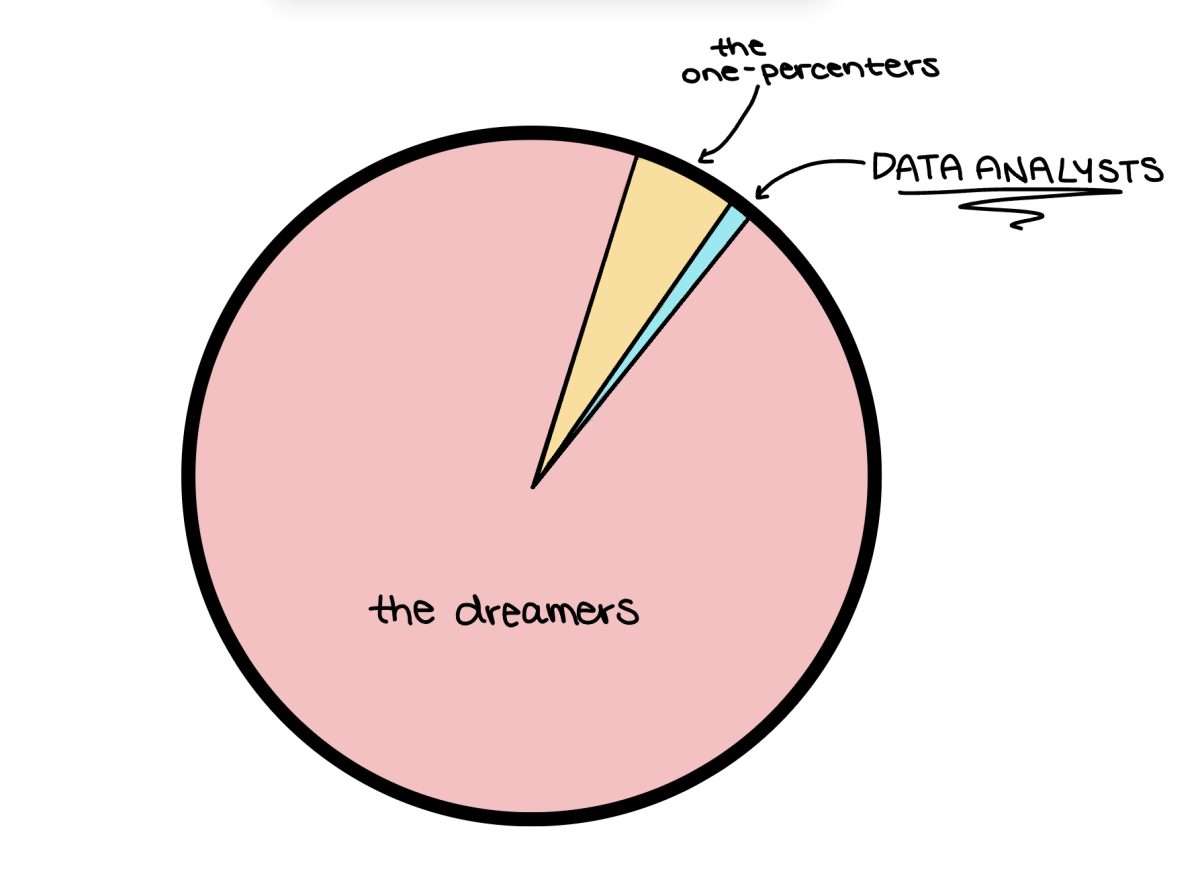



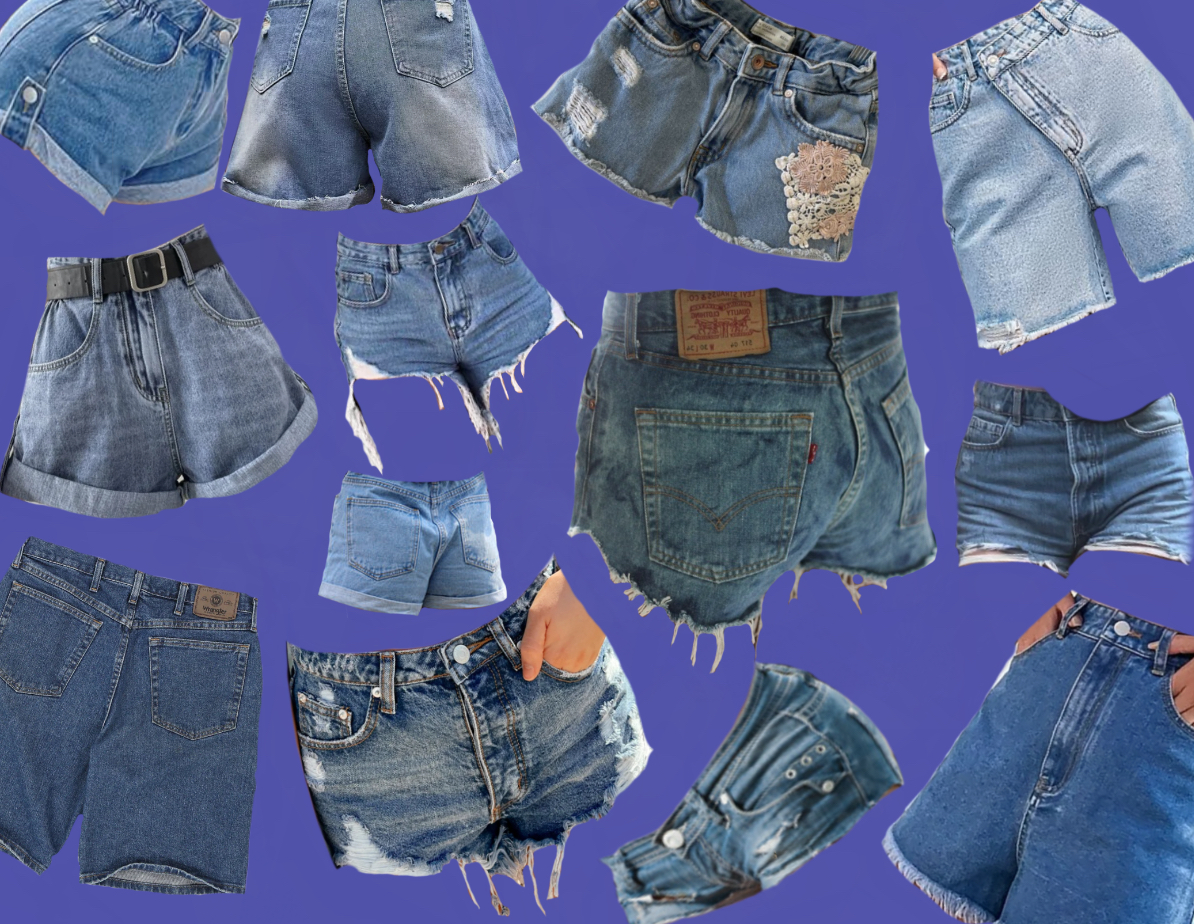


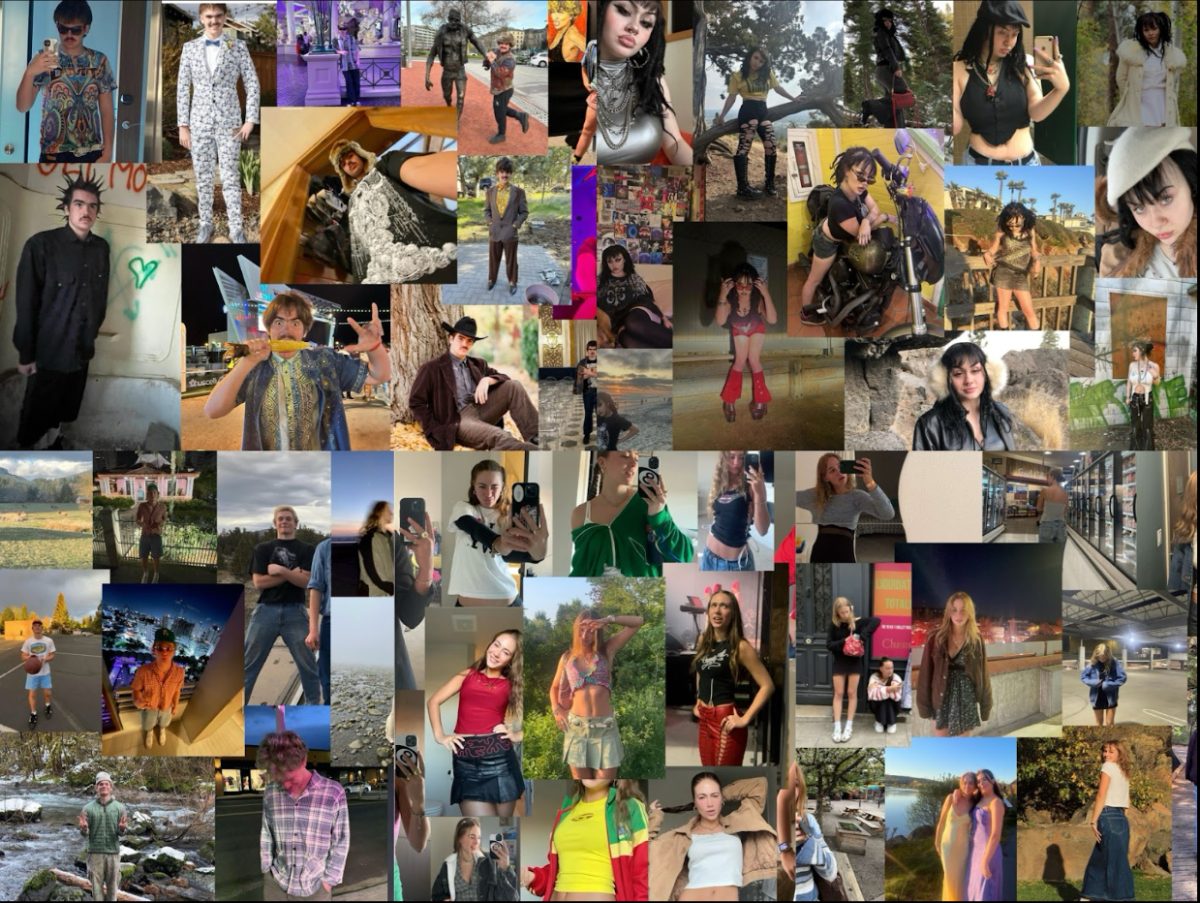
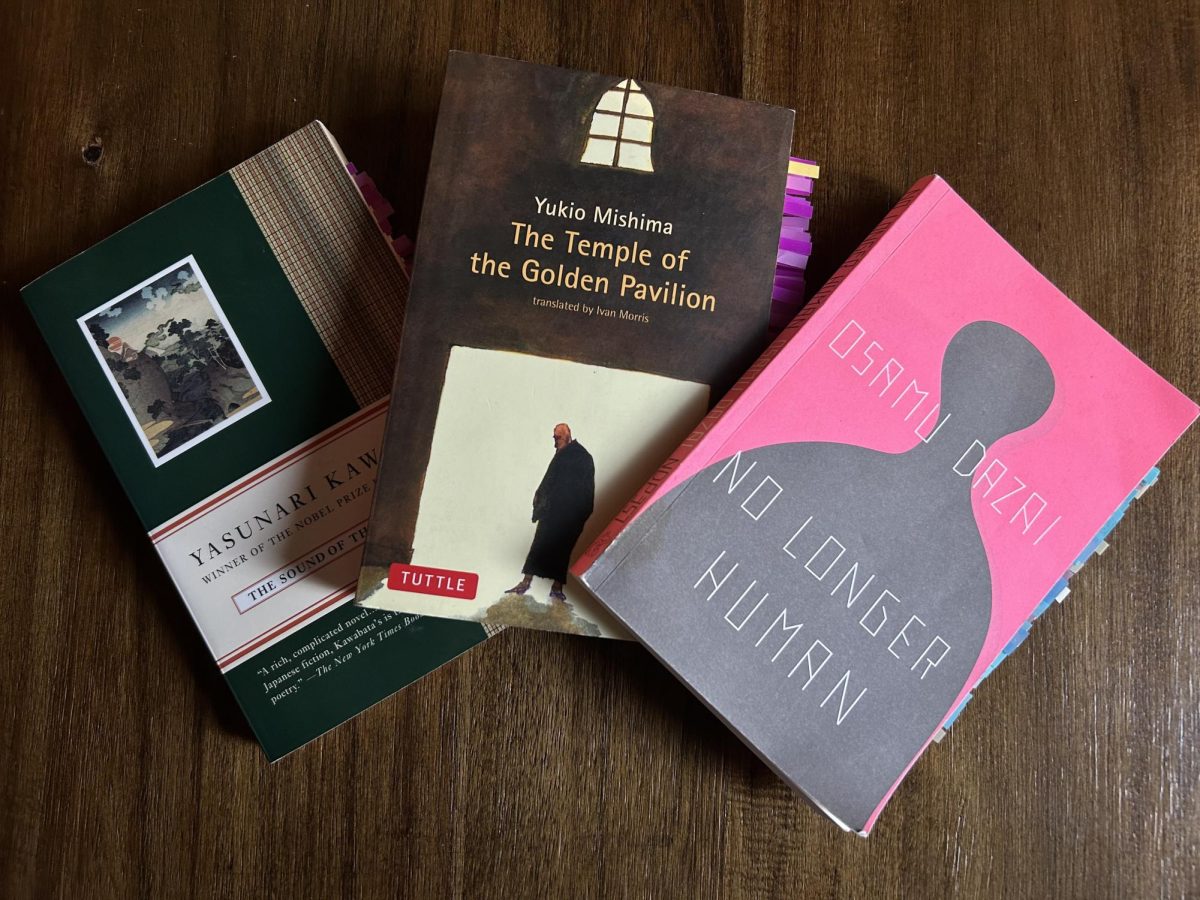
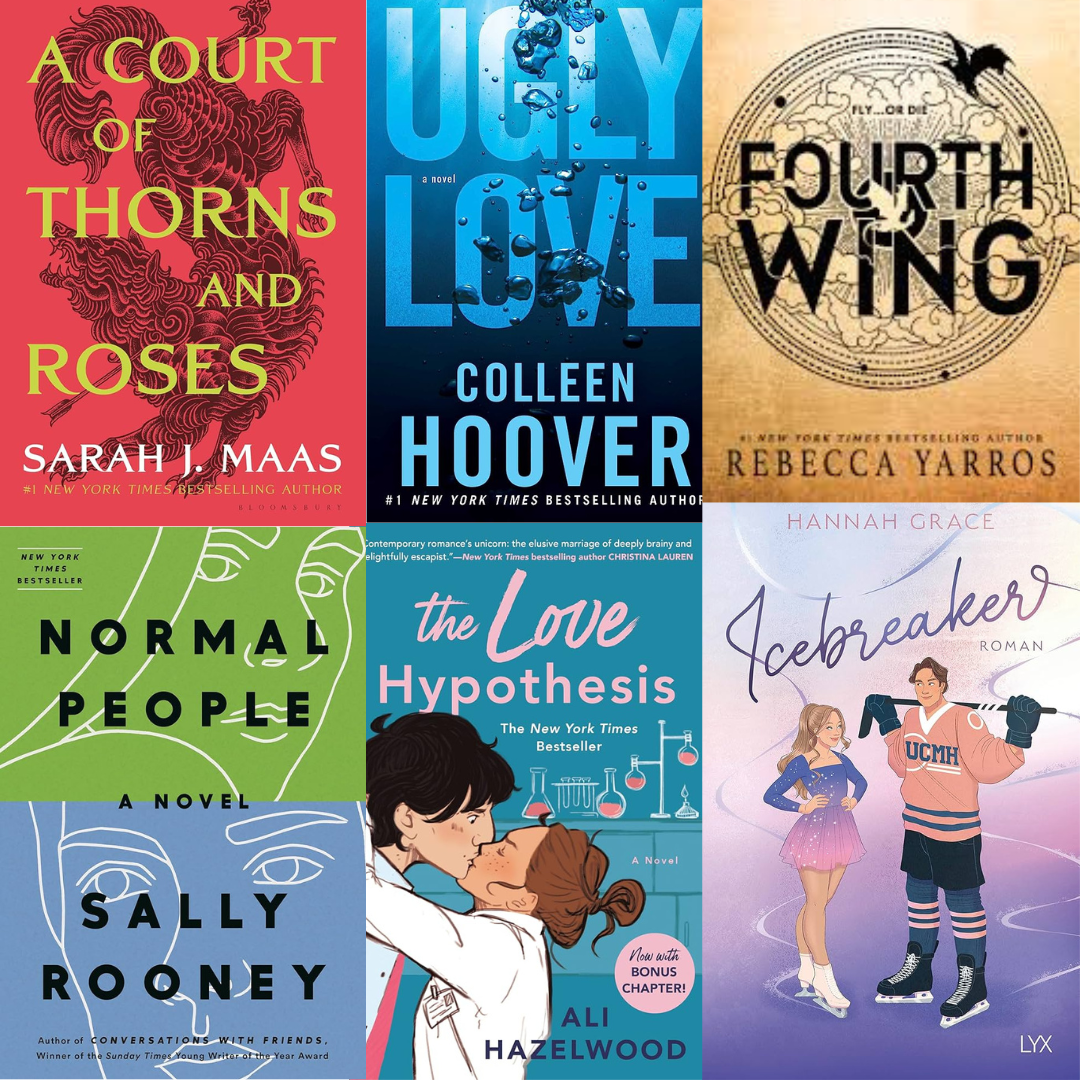


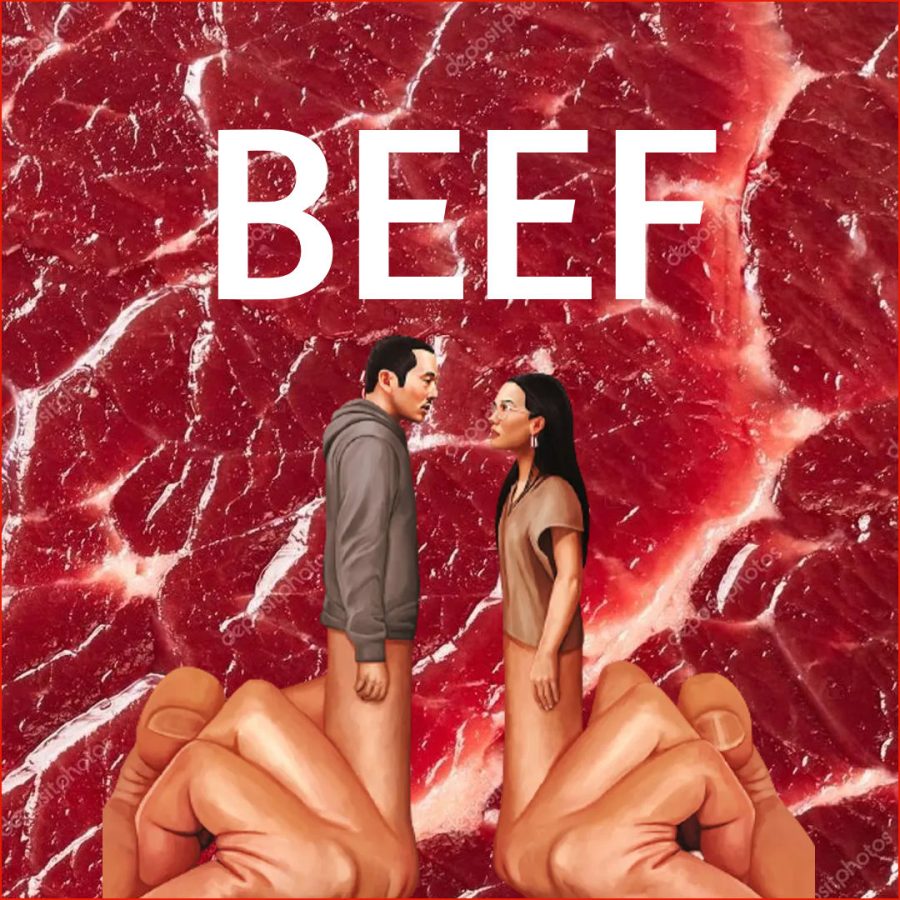








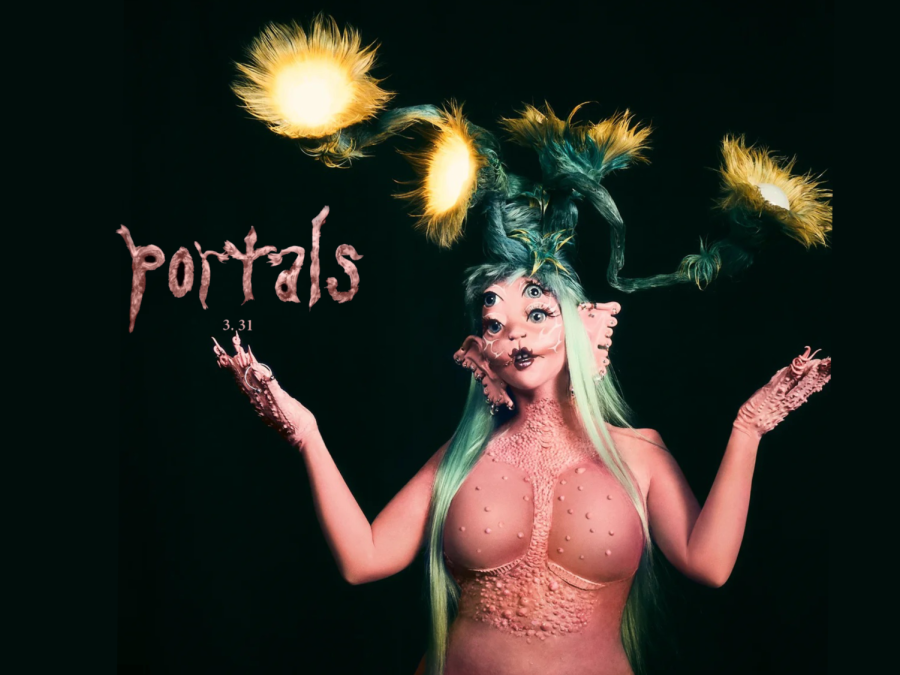








iben • May 22, 2024 at 11:33 am
this is beautiful linds